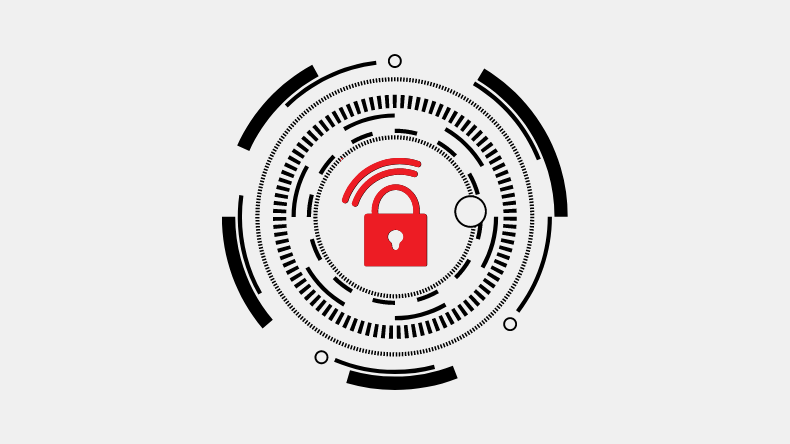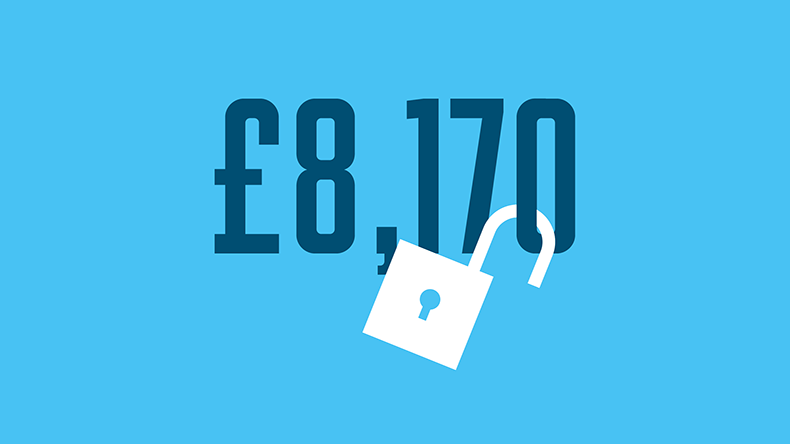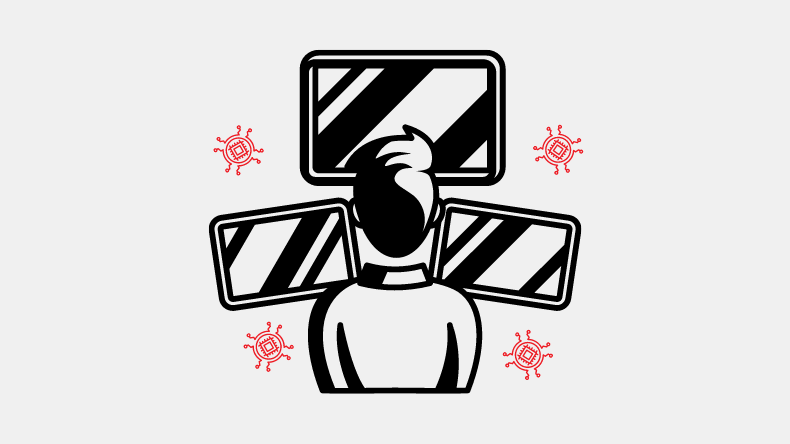Understanding Cyber Essentials and Cyber Essentials Plus: A Guide for SMEs

Do you understand the importance of the Cyber Essentials scheme for SMEs?
For small and medium-sized enterprises (SMEs), ensuring robust cyber security measures can be particularly challenging due to limited resources and expertise.
This is where the Cyber Essentials scheme, including Cyber Essentials and Cyber Essentials Plus certifications, comes into play.
These government-backed schemes provide a clear framework for protecting your business against a wide range of cyber threats.
In this blog, we’ll explore what these certifications entail, their differences, and the benefits they offer to both your SME and your clients.
What is Cyber Essentials?
Cyber Essentials is a UK government-backed certification scheme developed by the National Cyber Security Centre (NCSC).
It aims to help organisations, regardless of their size, defend against the most common cyber threats by implementing basic security controls.
The basic cyber essentials certification process involves a self-assessment questionnaire that covers five basic security controls of cybersecurity:
-
Firewalls and Internet Gateways: Ensuring that only safe and necessary network traffic can enter your system.
-
Secure Configuration: Making sure that systems are configured securely to reduce vulnerabilities.
-
Access Control: Ensuring that only those who need access to your data can get it.
-
Malware Protection: Protecting your systems from malicious software.
-
Patch Management: Keeping your software up to date with the latest security patches.
Achieving Cyber Essentials certification demonstrates that your organisation has implemented basic cybersecurity measures to protect against common threats.
What is Cyber Essentials Plus Certification?
Cyber Essentials Plus builds on the basic Cyber Essentials certification by adding a hands-on technical verification process.
This higher level of certification, known as Cyber Essentials Certified, involves an independent assessment by a certified auditor who tests the effectiveness of your cybersecurity measures, like Acora One.
The assessment includes:
-
Vulnerability Scanning: Automated scans of your IT infrastructure to identify vulnerabilities.
-
User Device Testing: Verification that your user devices (e.g., laptops, desktops) are secure.
-
On-site Assessment: A visit from an auditor to perform in-depth testing and verification.
While Cyber Essentials is a self-assessment, Cyber Essentials Plus provides a more rigorous and comprehensive evaluation of your cybersecurity practices.
Differences Between Cyber Essentials and Cyber Essentials Plus
The primary difference between Cyber Essentials and Cyber Essentials Plus lies in the cyber essentials certification process and the level of assessment. As detailed above:
-
Cyber Essentials: A self-assessment questionnaire reviewed by an external certifying body.
-
Cyber Essentials Plus: An independent, hands-on technical audit conducted by a certified auditor.
Cyber Essentials provides a good starting point for organisations looking to improve their cybersecurity posture, while Cyber Essentials Plus offers a higher level of assurance through detailed testing and verification.
Benefits for SMEs: Cyber Security
Enhanced Security Posture
Achieving either Cyber Essentials or Cyber Essentials Plus certification helps SMEs establish a strong foundation in cybersecurity.
By implementing the recommended cyber security measures, businesses can significantly reduce their risk of falling victim to common cyber attacks, such as phishing, malware, and ransomware.
Increased Trust and Credibility
For SMEs, building trust with clients and partners is crucial.
These cyber essential certifications demonstrate your commitment to meeting the Cyber Essentials requirements, which can enhance your reputation and give clients confidence that their data is protected.
This is especially important for SMEs handling sensitive information, such as financial data or personal details.
Regulatory Compliance
Many industries are subject to strict regulations regarding data protection and cybersecurity.
Cyber Essentials certification can help SMEs meet these requirements, avoiding potential fines and legal issues.
For example, the General Data Protection Regulation (GDPR) mandates that businesses take appropriate measures to protect personal data, and Cyber Essentials can be a key part of demonstrating compliance.
Competitive Advantage
In today's competitive market, having Cyber Essentials or Cyber Essentials Plus certification can set your business apart.
Many clients and partners now require cybersecurity certification as part of their vendor selection process.
By obtaining certification, SMEs can access new business opportunities and contracts that might otherwise be out of reach.
Cost Savings
While there is an investment involved in achieving certification, the cost savings from preventing cyber incidents can be substantial.
Cyber attacks can result in significant financial losses, business interruption, and reputational damage.
By proactively addressing cybersecurity through certification, SMEs can avoid these costly disruptions.

Benefits for your SME Clients: Cyber Essentials Certifications
Data Protection
Clients entrusting their data to SMEs want assurance that it will be handled securely.
Cyber Essentials certification signals to clients that their data is protected against common cyber threats.
This is particularly important for SMEs that process sensitive client information, such as financial records or personal data.
Assurance of Best Practices
Certification ensures that SMEs are following industry best practices for cybersecurity.
This provides clients with peace of mind, knowing that the business they are working with is committed to maintaining high standards of security.
Reduced Risk of Common Cyber Attacks in Supply Chain
Cyber criminals often target smaller businesses to gain access to larger organisations through the supply chain.
By achieving Cyber Essentials certification, SMEs can help protect their clients from supply chain attacks, reducing the overall risk to both parties.
How Acora One Can Help with Cyber Essentials Scheme
At Acora One, we understand the unique cybersecurity challenges faced by SMEs.
As a Cyber Essentials partner, we offer comprehensive support to help businesses achieve both Cyber Essentials and Cyber Essentials Plus certification.
Our services include:
-
Initial Assessment: We conduct a thorough review of your current cybersecurity practices and identify areas for improvement.
-
Implementation Support: Our experts guide you through the process of implementing the necessary controls and measures.
-
Audit Preparation: We help you prepare for the Cyber Essentials Plus audit, ensuring that all requirements are met.
-
Ongoing Support: Post-certification, we provide ongoing support to maintain and improve your cybersecurity posture.
Your Cyber Essentials Overview
In an increasingly digital world, robust cybersecurity measures are essential for protecting your business and its clients.
Cyber Essentials and Cyber Essentials Plus certifications offer a clear path to enhancing your security, building trust, and gaining a competitive edge.
By partnering with Acora One, SMEs can navigate the certification process with confidence and ensure their cybersecurity measures are up to standard.
Are you ready to take your cybersecurity to the next level?
Contact us today to learn how we can help you achieve Cyber Essentials certification and safeguard your business against cyber threats.
Back to the blog.





